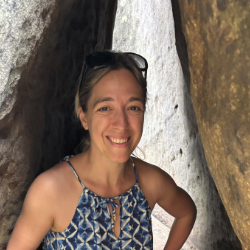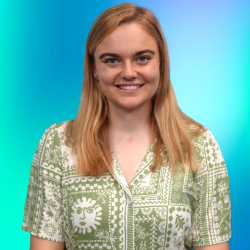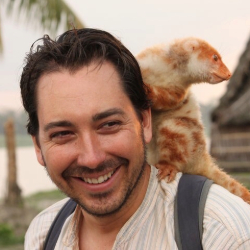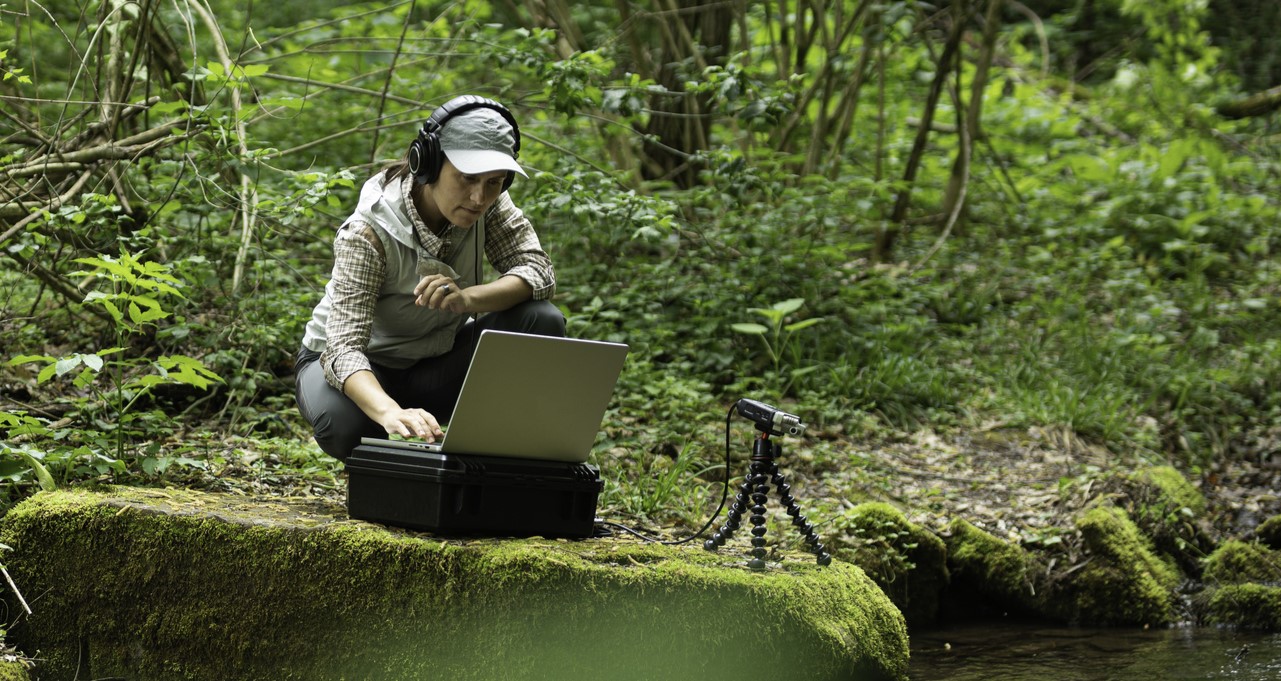Who we are
Overview: about the EBRDWho we are
Overview: about the EBRD
Our story
Learn about the EBRD's journey to investing more than €220 billion in over 7,800 projects.
- Our background and history
- Our organisation
- Our values
- Strategies, governance and compliance
- Project accountability
What we do
Overview: how the EBRD operatesWhat we do
Overview: how the EBRD operates
How we deliver systemic impact
Across three continents, the EBRD supports the transition to successful market economies.
- Where we work
- Products and services
- Sectors we work in
- Our projects
- Focus areas and initiatives
- Economic research
Work with us
Overview: how you can work with the EBRDWork with us
Overview: how you can work with the EBRD
What we offer for businesses
We draw on three decades of regional knowledge and financial expertise to tailor our products and approaches to each client's needs.
- Businesses
- Investors
- Donors
- Researchers
- Civil Society
- Alumni
- Nominee Directors
- Trade finance
- Careers
Nature Unheard: Latest podcast episode explores digital inequality and the quest to protect our planet
The latest episode of the EBRD’s podcast Nature Unheard examines one of the most overlooked challenges in global conservation: digital inequality.
In a world racing to monitor forests, wildlife and climate impacts with cutting-edge technology, millions of people still lack the basic digital tools and connectivity needed to benefit from or contribute to these efforts.
This episode explores how digital exclusion affects communities, environmental data and the ability of countries to respond to climate change. Host Rachael Barza speaks to Reina Otsuka, Global Lead, Digital for Nature and Climate for the United Nations Development Programme (UNDP) about the “digital fault lines” shaping today’s climate and nature agenda, and what it will take to close them.
From the EBRD's regions to Papua New Guinea, Costa Rica and Tanzania, the discussion highlights innovative examples from around the world.
The episode also examines the new and creative tools emerging across the EBRD regions, including Palmear, a startup using acoustic technology to monitor tree health. While such tools offer powerful new ways to “listen” to nature, the episode explains how they can only create impact if digital infrastructure and inclusion keep pace.
You can listen to Nature Unheard on Spotify, Apple Podcasts and YouTube.
This episode is supported by the Global Environment Facility (GEF) and the United States of America via the EBRD’s Star Venture programme.
It was produced by Olga Aristeidou and Cecilia Calatrava.
Hosts:

Rachael Barza

Emma Bentley

Adonai Herrera-Martinez

